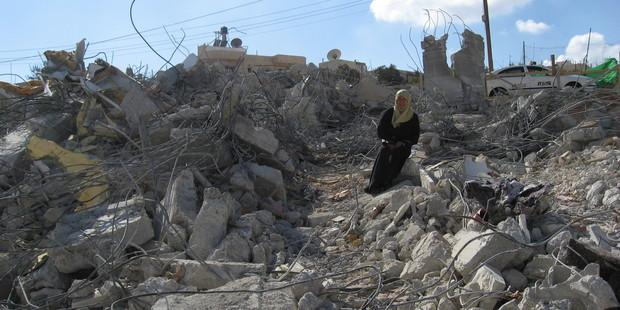Tag: Amnesty International
-
Record number of Palestinians displaced by demolitions as Quartet continues to talk
13 December 2011 | Amnesty International Israeli authorities have stepped up unlawful demolitions in the West Bank including East Jerusalem over the past year, displacing a record number of Palestinian families from their homes, an international coalition of 20 leading aid agencies and human rights groups said today. The statement comes as the Middle East…
-
West Bank protest organizer, Bassem Tamimi, to Judge: “Your military laws are non-legit. Our peaceful protest is just”
6 June 2011 | Popular Struggle Coordination Committee Tamimi, who has been held in custody for over two months, pleaded not guilty to the charges against him and held a defiant speech explaining his motivation for organizing civil resistance to the Occupation. See his full statement below. After more than two months in custody, the…
-
Palestinian human rights activist jailed in Israel
30 January 2011 | Amnesty International Amnesty International has urged the Israeli authorities to end their harassment of Palestinian human rights activists after a well-known campaigner in Haifa was jailed for nine years and given an additional one-year suspended sentence earlier today. Ameer Makhoul, a longstanding Palestinian activist, was convicted on various counts of having…

